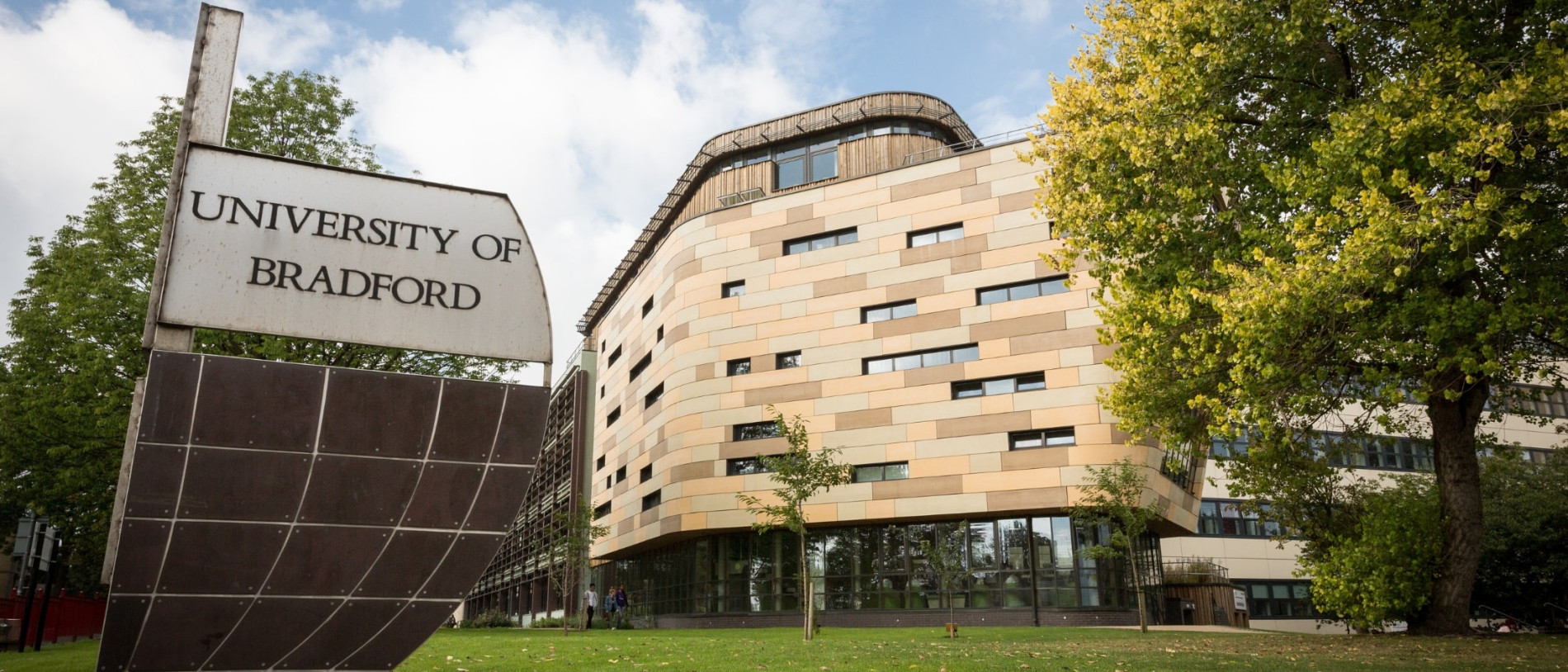

University of Bradford
Satellite Systems Engineering
Study detals
: Master's degree : MSc (Hons) Satellite Systems Engineering : Full time : 12 MonthRequirements
Entry requirements
The entry requirement for a postgraduate taught course is typically equivalent to a UK Second Class Honours Second Division (2:2).
The table below shows how the University equates qualifications from your country to UK degree classifications
| Qualification | UK 1st Class | UK 2:1 | UK 2:2 |
|---|---|---|---|
| Bachelor degree | 4.5/5.0 or 81% |
4.0/5.0 or 71% |
3.5/5.0 or 66% |
| Specialist Diploma |
4.5/5.0 |
4.0/5.0 or 71% |
3.5/5.0 or 66% |
Speciality
Pathways Available: Pre-Master's
Sandwich course fees - charged during the placement year away from the University of Bradford for students on thick sandwich courses, or during the year in which the second placement falls for students on thin sandwich courses. Students charged at 10% of the equivalent full-time fee.
If a placement year is to be undertaken abroad and supported by University funding through the University’s exchange programmes, fees will increase to 15% of standard fees to cover additional support, advice and administration costs.
Additional information
Degree Overview
This programme is unique in covering not only the three pillars of space/satellite systems: communications, earth observation and navigation, but also artificial intelligence (AI), radio frequency (RF) engineering, and digital signal processing (DSP), all of which are foundational to future satellite and telecommunications systems.
The benefits of this innovative MSc-level programme include:
- being taught by a team of world-renowned technical experts
- access to state-of-the-art laboratory facilities
- opportunity to gain industry-ready skills and competence, and a complete understanding of key concepts delivered through a blend of peer-commended scholarship, inspirational teaching, industrial collaboration, and cutting-edge research
You will acquire important theoretical knowledge, gain hands-on experience using industry-standard hardware equipment and software platforms, and benefit from interactions with the UK industry through industrial seminars, visits and/or collaborative projects. In addition, you will be supported by state-of-the-art laboratory facilities, including a cleanroom for the construction of miniaturised satellites, a small-scale Telemetry, Tracking, and Contol (TTC) Centre, an anechoic chamber, electronics lab, and RF and Wireless lab.